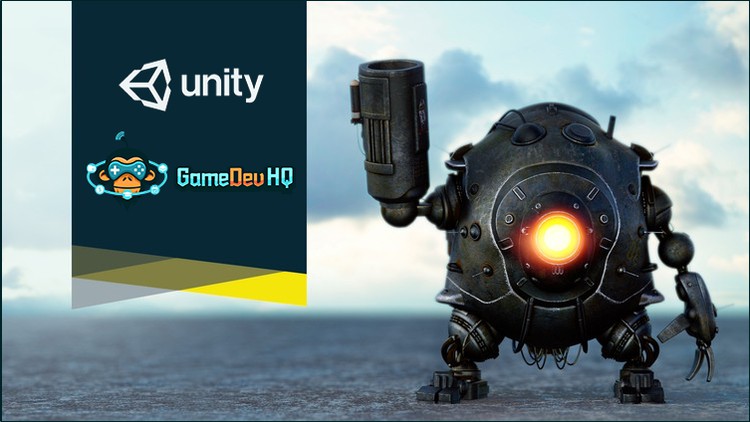Description
This course introduces you to Unity, one of the world’s leading game development engines, and is designed for absolute beginners. You’ll start with the basics of setting up Unity, creating and importing assets, and understanding the Unity interface. The course covers essential components of game development, including scripting in C#, building scenes, creating 2D and 3D environments, and implementing player controls and physics. With hands-on projects, you’ll gain experience in developing playable games while learning core concepts like collision detection, UI design, and basic game mechanics. By the end of the course, you’ll have the skills to create simple games and a solid foundation for further exploration in game development. Ideal for anyone new to programming or looking to enter the world of game creation.





Fatsuma –
“This online course has been an absolute game-changer for me! As a complete beginner to game development, I was initially overwhelmed by the complexity of the subject. However, the course’s well-structured modules and engaging video tutorials made learning accessible and enjoyable. The instructors were knowledgeable and provided clear explanations, guiding me through each step with patience and enthusiasm. The hands-on exercises and projects were invaluable in solidifying my understanding and developing my skills. By the end of the course, I felt confident in my ability to create my own video games and am eager to embark on this exciting new journey.”
Anayo –
“This ‘Game Development for Beginners’ course has been an absolute game-changer for me. The easy-to-follow lessons and practical exercises made the complex world of game development accessible. I was amazed by how quickly I grasped the concepts and could apply them to create my own simple games. The instructor’s passion for game development shines through, making the learning process both enjoyable and empowering. I highly recommend this course to anyone who wants to kickstart their journey in game design.”
Oluwole –
“This online course is a fantastic starting point for aspiring game developers. The instructor’s clear explanations and practical demonstrations made the concepts easy to grasp. The course assignments challenged me to apply my newfound knowledge, fostering my skills and giving me a tangible sense of accomplishment. Highly recommended for anyone eager to embark on their game development journey.”
Sikirat –
“This ‘Game Development for Beginners’ course is a fantastic starting point for anyone interested in learning the basics of game design. The lessons are well-structured and easy to follow, taking you through every step of the development process. The hands-on projects were particularly helpful, allowing me to put my knowledge into practice and build a functioning game. By the end of the course, I felt confident in my ability to create my own games, thanks to the clear and thorough instruction provided.”
Bulus –
“I highly recommend the ‘Game Development for Beginners’ online course. As a complete novice in the field, I found it incredibly accessible and well-paced. The instructors were knowledgeable and enthusiastic, making complex concepts easy to grasp. The hands-on exercises were perfect for reinforcing the material, and I have already created several small games as a result of the course. This course has ignited my passion for game development, and I am eager to continue learning and creating.”